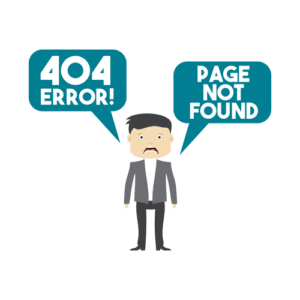How Much Do Bookkeepers Make?

To receive this certification, an accountant must pass the required exams and have two years of professional experience. However, if your accountant does your bookkeeping, you may be paying more than you should for this service as you would generally pay more per hour for an accountant than a bookkeeper. A bookkeeper with professional certification shows they are committed to the trade, possess the skills and expertise required and are willing to continue learning new methods and techniques. While it might seem like an extra expense you can’t really afford, hiring a bookkeeper doesn’t have to strain your budget.

So even if you have accounting software, odds are, you still need a bookkeeper to manage the software, enter data, file reports, identify errors and keep everything current. If you require accounting services as well, you could be looking at rates of $150 per hour or more. It helps to think of a bookkeeper as the chef who prepares the meal. The bookkeeper prepares the books and makes accurate financial records available. The accountant will dig deeper into the financial records and analyze the business’s finances.
Are bookkeepers accountants?
Your credentials show prospective employers that you’re a qualified bookkeeper and you’re willing and able to grow professionally. As a result, certification can lead to advancement opportunities in other areas of accounting, as well as finance and management positions. When hiring a bookkeeper who can do payroll, it is important to look for someone who is experienced in payroll processing. Ask the bookkeeper about their experience with payroll and the type of payroll software they use. Make sure they are familiar with the laws and regulations related to payroll processing, and ensure they are compliant with them.
While we started by asking, “Do bookkeepers do payroll?” we’ve found out they do a whole lot more. From calculating wages and deductions to ensuring compliance with tax regulations, bookkeepers play a pivotal role in maintaining accurate payroll records. Join us as we unravel the layers of their involvement and shed light on the integral relationship between bookkeeping and the seamless execution of payroll processes. In this section, we’ll dive deep into the responsibilities of bookkeepers and uncover the extent to which they are involved in the payroll process. Let’s demystify the connection between bookkeeping and payroll and explore the ways in which bookkeepers contribute to this essential aspect of business operations.
Step 9: Maintain complete and organized payroll records
Many programs will provide certificates to show you completed the course. Some provide free and low-cost resources, while others may be more expensive but provide more knowledge. Learn about bookkeeping, typical responsibilities, how to become a bookkeeper, and remote bookkeeping opportunities with Intuit’s QuickBooks Live in the U.S. Founded in 1932, and online since 1995, we’ve helped countless students reach their goals with flexible, career-focused programs.
If you pay by the hour, you can get employees to clock in and out of shifts on their phone and set up the app so the data flows into an online timesheet. You know what a bookkeeper does and what their day-to-day responsibilities look like. But how do these job duties translate as benefits for your business?
How to do payroll
If you’re thinking about hiring a bookkeeper or want to clean up your business books, there are different bookkeeping types that can suit your needs. Now we have established that bookkeeping and payroll processing are bookkeeping and payroll services two different roles. Therefore most businesses hire two separate individuals or teams internally to perform these roles. Bookkeepers would record and update the daily financial transactions on the relevant books.
But when you get into the latter sections of this article, you will notice that these functions are interconnected. There are several types of accounting certifications that accountants obtain to expand their skill sets and gain positions within larger organizations. In addition to CPA credentials, other common accounting designations are chartered financial analyst (CFA) and certified internal auditor (CIA).

